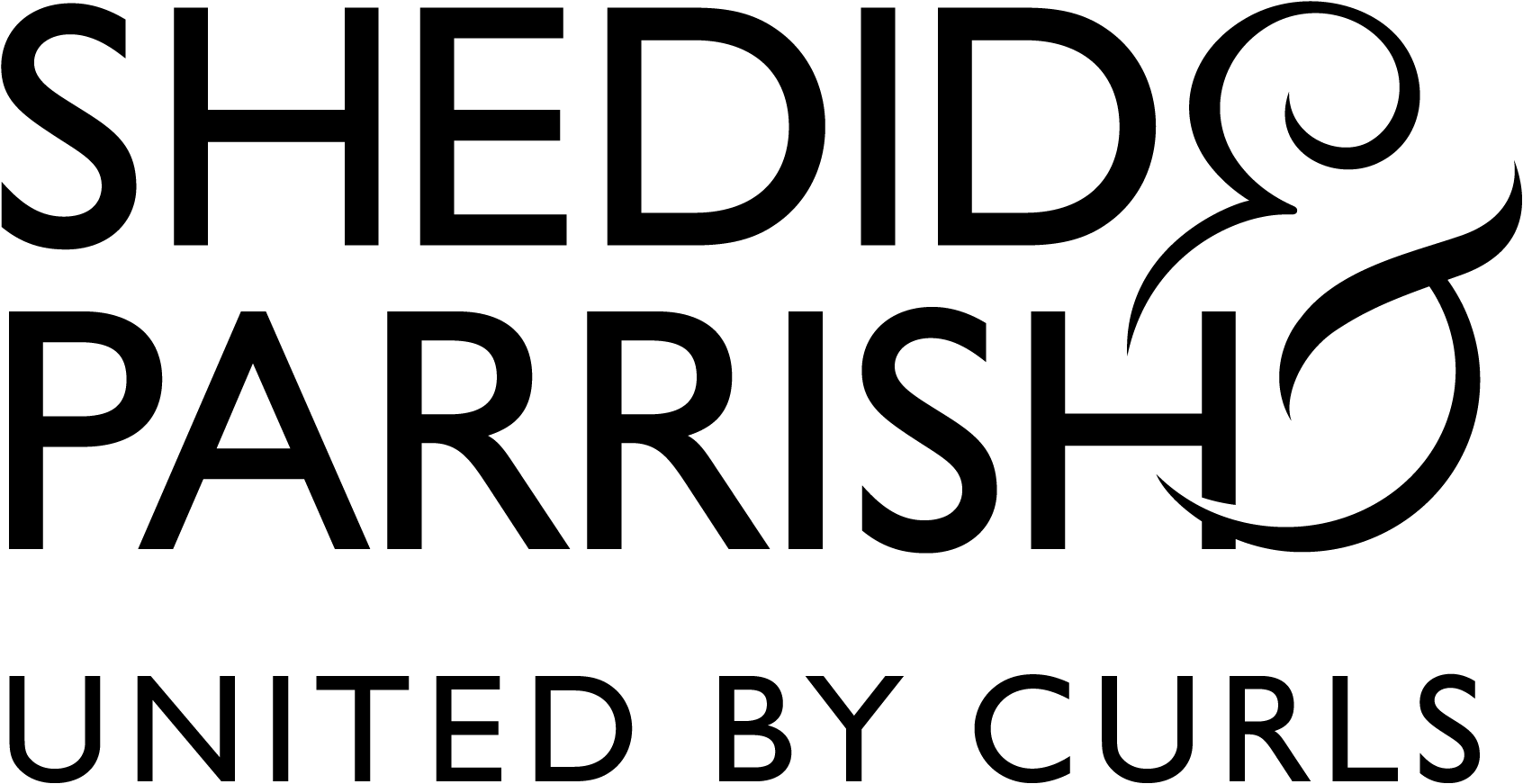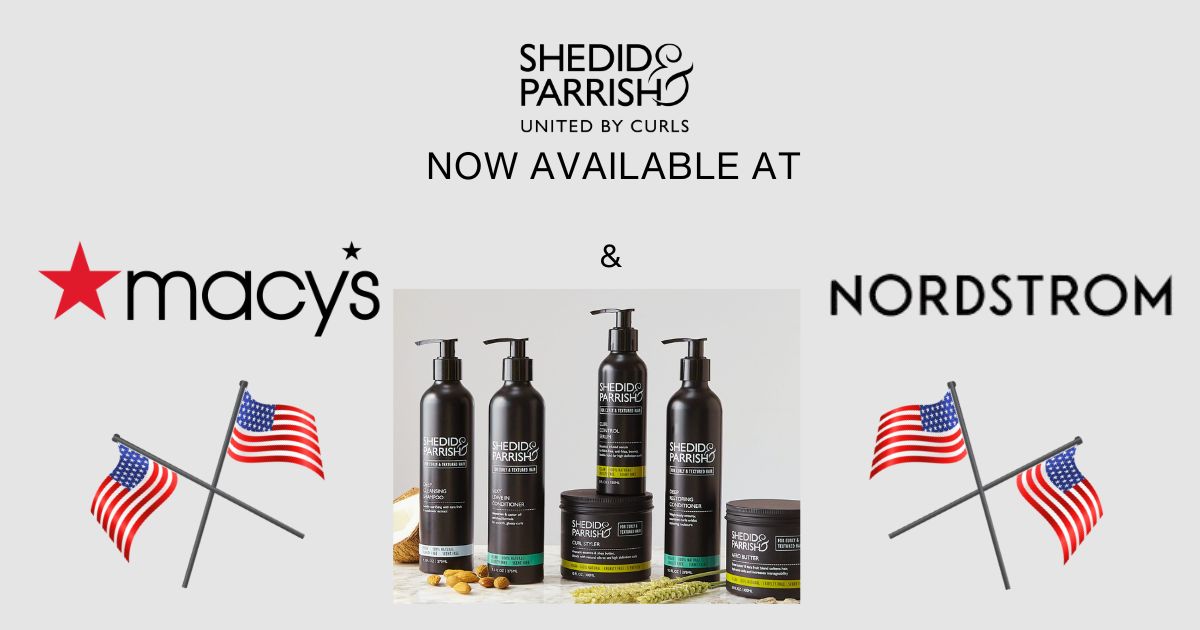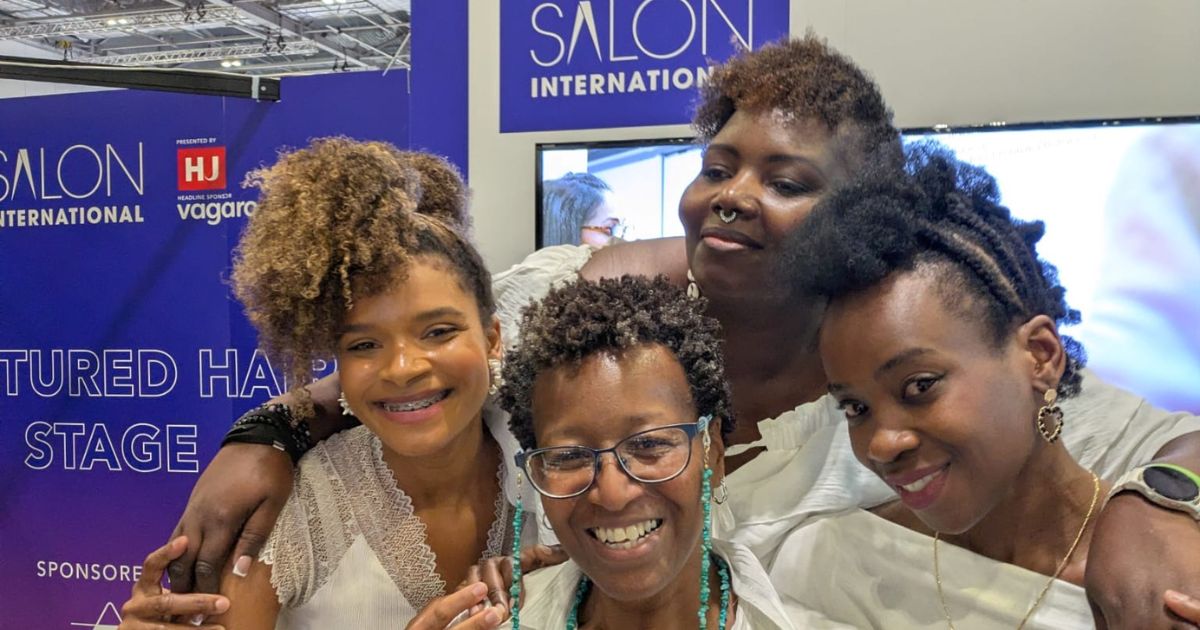Why Our Curls Are So Much Part of Who We Are and Our Identity, A Reflection on Hair, Heritage and the Human Need to Belong
The Story Beneath the Surface
Identity. It's such a simple word, yet it carries a universe of meaning. It’s how we see ourselves, how we make sense of our place in the world, and so often how the world sees us.
As humans, we’re wired to want to belong. We look for cues that we’re accepted, that we fit in, that we’re part of something bigger than ourselves. From the earliest days of our lives, we scan for signals, spoken & visual that tell us: You’re one of us, You Belong.
Whether it's in family, friendship groups, workplaces, or wider society, the need for connection is innate. It’s deeply emotional and incredibly powerful.
But what happens when the reflection in the mirror doesn’t match the reflections around you? When the features that define you also make you feel different?
This blog is about curls. But not just curls. It’s about how our hair especially for Black and mixed-race women can become a symbol of identity, pride, resistance, and belonging. It’s about why it matters. Why we matter. And why embracing our natural hair is a powerful act of self-love.
Hair Is More Than Hair: The Cultural and Emotional Weight of Curls
For many Black and mixed-race women, our hair has never been “just hair.” It carries history. It tells stories. It connects us to generations past and present. From cornrows that once mapped escape routes for enslaved ancestors, to afros that shouted political pride during the civil rights era, to today’s global celebration of coils, curls and waves; our hair speaks volumes, even when we’re silent.
In a world that still overwhelmingly champions Eurocentric beauty standards, think sleek, straight, and uniform, choosing to wear our natural hair can feel like an act of defiance. But it’s also an act of truth. Of returning home to ourselves.
In Western culture, straight hair has long been positioned as the default. It’s considered “professional,” “neat,” “desirable.” Meanwhile, curls have been misunderstood, over-managed, or outright rejected. For Black women (and men), the pressure to conform, chemically straighten, to wear protective styles not for protection but for assimilation can start painfully young.
So when we wear our curls out loud and proud, we’re doing more than making a beauty choice. We’re reclaiming space. We're challenging centuries of bias. We’re reminding ourselves and others that this is who we are. And that it’s more than enough.
A Personal Reflection: Belonging, Beauty, and the Battle With “Otherness”
I was recently at a family get together, those precious, joyful gatherings really do fill your heart. I’m lucky to have such a family and love them all dearly. But still, there's a flicker of something I’ve carried quietly for years. That subtle ache of difference.
As the only adopted, mixed-race person in a family of predominantly blonde-haired, blue-eyed beauties, I’ve always known I was loved but love doesn’t erase the weight of otherness. It doesn't silence the internal dialogue you carry from a society that has subtly (and not-so-subtly) told you you're different. That your features don’t fit the “norm.” That your hair is “unruly,” “wild,” “needs taming.” No matter who says these things, whether someone close or a stranger, these messages stuck.
Identity isn’t just built in the home, it’s constructed through a thousand small interactions: the compliment you didn’t get at school, the hairdresser who didn’t know how to style your texture, the magazine covers you didn’t see yourself on, the friends who said, “I wish I had hair like yours,” without understanding the complex relationship you had with it.
Growing up, I longed to see reflections of myself, yes in the household mirrors, but also in media, in leadership, in beauty campaigns. I wanted to feel “normal,” even as I championed my uniqueness.
It’s a contradiction I think so many of us live with: the desire to stand out and fit in, both at once. To celebrate our individuality but also feel rooted in community. To be both different and belonging.
Hair as a Mirror of Identity
That’s why curls matter. They’re not just an aesthetic. They’re a part of our story.
When we talk about identity, we often think about nationality, profession, or family roles. But our hair, something so visible, so immediate can play a major role in how we identify and how we’re identified.
For Black and mixed-race women especially, our hair tells people something before we even speak. It becomes shorthand. It’s political. It’s personal. It’s powerful.
At Shedid & Parrish, we’ve heard countless stories from our community that echo this experience. From women learning to care for their curls for the first time in adulthood, to mothers raising children with different hair textures from their own, to professionals who finally felt free enough to wear their natural hair to work without fear. These stories remind us that curls are a gateway. A journey. And a declaration.
Why Representation Matters and Why It Still Falls Short
While we’re thankfully seeing more diversity in beauty, fashion, and advertising, it’s not always enough. Representation isn't just about ticking boxes, it’s about meaningful inclusion. About seeing the full range of curl patterns, textures, and styles. About recognising the depth of Black and mixed-race hair culture, not appropriating it or sanitising it for mainstream appeal.
For too long, curly hair in media has been hyper-styled or hyper-sexualised. Or edited out completely.
But things are changing and we’re here for it.
Shedid & Parrish was born out of this need for authenticity. We wanted to create more than just products, we wanted to create a brand that understands. That represents. That listens. A brand that celebrates & supports every curl pattern, from loose waves to tight coils.
The Power of Belonging and the Courage to Be Seen
As someone who has lived both within and outside of conventional definitions of identity, I’ve come to embrace the and.
I am both different and connected. Unique and part of something bigger. My hair, with all its texture, unpredictability, and beauty is a symbol of that duality.
There is comfort in belonging. In sitting across from someone and seeing parts of yourself reflected back. That’s why representation isn’t just a buzzword it’s a basic human need.
But there is also power in difference. In walking into a room with your curls defying gravity, unapologetic and beautiful. In knowing that your presence shifts norms, opens minds, and makes space for the next generation.
Of Course Our Hair & Our Identity Really Does Matter
I wanted to write this in part because, whilst I live in a space of empowerment, celebrating difference and saying ‘be authentically you’ I still struggle. I still have days where I don’t feel I fit in, still wish I looked like the rest of the family and wish I just didn’t have to think about it.
But I think that’s the point, something so integral to who we are is never really going to go away. I built Shedid & Parrish to help celebrate those who haven’t been catered for. I built Shedid & Parrish for me because I wasn’t catered for. And whilst the world is getting smaller, identity and belonging will still be factor. So I’ll keep championing difference but of course still want to belong.



